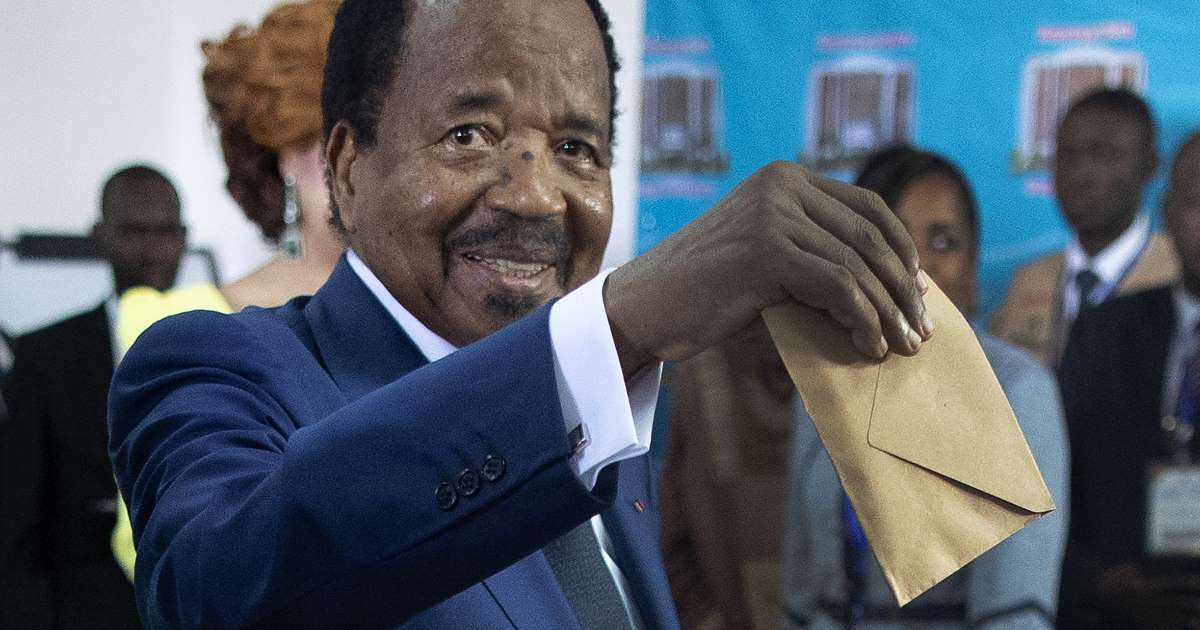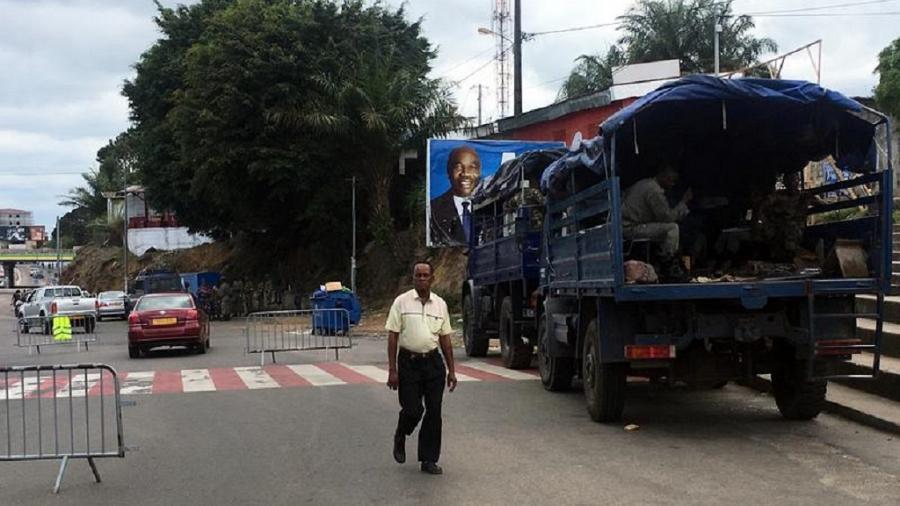On 9 February over six million Cameroonians will be called to vote in twin legislative and municipal elections. Initially planned for 2018, the polls were postponed twice for organisational and financial reasons. Voting later this week will still take place under tenuous security and political conditions.

Since 2013, Boko Haram has recurrently attacked in the Far North Region of Cameroon bordering Nigeria and Chad (see map). While the country’s defence and security forces have repelled most attacks, Boko Haram maintains sleeper cells in remote enclaves from where it stages deadly sporadic incursions.
Further south-west, armed groups threaten to prevent the vote from taking place. Since 2017 government forces have been fighting a multitude of separatist factions claiming the independence of anglophone regions from a majority francophone Cameroon.
The fighting has forced about 40,000 people to seek refuge in Nigeria and over 450,000 have been internally displaced. This situation accounts for the 2018 presidential election turnout of just 5.36% and 15.94% of voters in the North-West and South-West Regions respectively.
Political tensions added to the security impasse after the 2018 election, which saw President Paul Biya win another seven-year term.
Despite losing his appeal at the Constitutional Court, opposition figure Maurice Kamto – the closest contender who officially secured 14% of the vote – claimed he had won.
MSN



